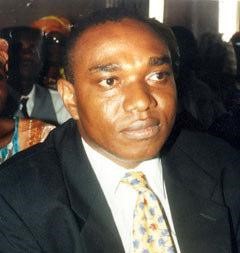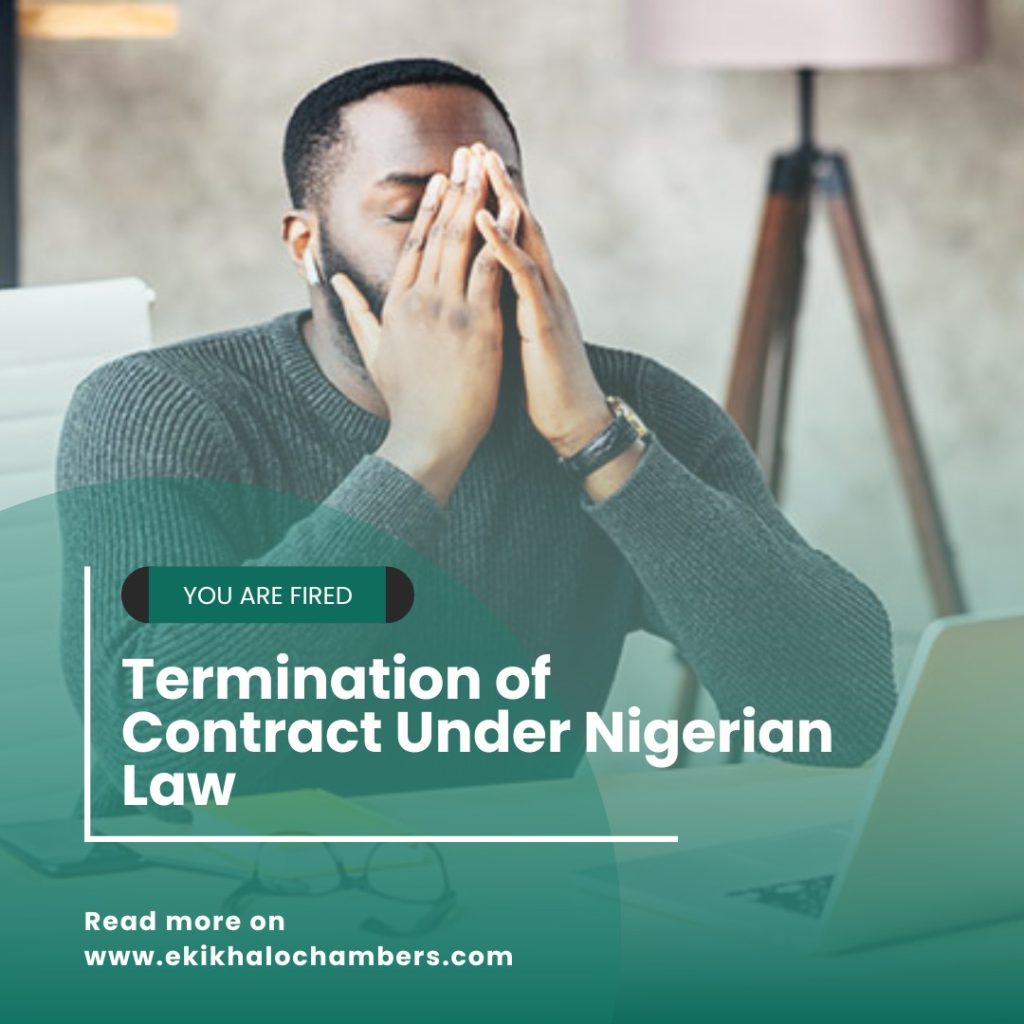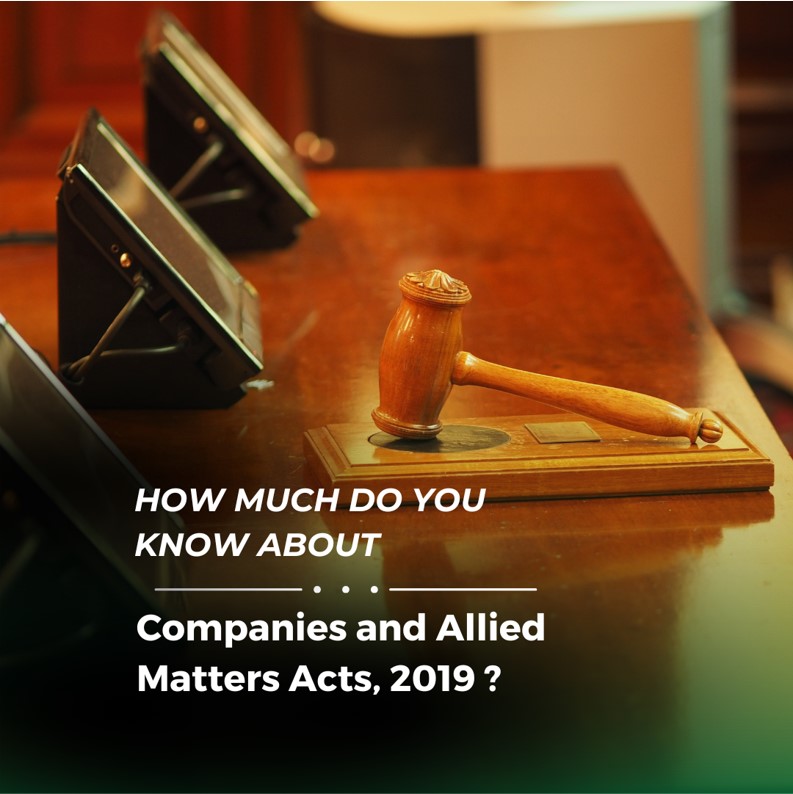Chief Charles Uwensuyi-Edosomwan (SAN) is the former Edo State Attorney General and Commissioner for Justice. In this interview, he said that Nigeria has no choice but to obey the International Court of Justice judgement in respect of Bakassi peninsula.
According to him, “ICJ is superior to Nigerian municipal laws. So we cannot by any targeted manipulation of our local machinery try to avoid that judgment, frustrate it or disobey same.”
He argued that Nigeria, by voluntarily acceding to the treaties enabling the ICJ and submitting the dispute to its adjudication, agreed to be bound by its decision, whether is was favourable or not. On the way out in resolving the Niger Delta crisis, he said true federalism remained the answer, adding “what we have is federalism turned on its head or if you really want the truth, a form of unitarianism”. He also spoke on other national issue. Excerpt.
The Police Service Commission recently announced the demotion of 140 police officers, including former Economic and Financial Crimes Commission (EFCC), Mallam Nuhu Ribadu. What is your reaction to this exercise?
If the aim was to discourage and stamp out favouritism in the force, a strong policy statement backed by a sincere determination to make it stick would have been sufficient.
In any case it doesn’t serve any useful purpose to send signals that exceptional performance shouldn’t be rewarded. Secondly, this may be Nigerian Police’s attempt to rally battered morale within the force which had become so, due to cases of negative patronage and godfatherism that had lifted some unduly to the disadvantage of other worthy men and women that had not been favoured with great connections. If this is the reason, admirable as it may seem, it is bound to harbour dangerous and unfair prospects, in that acts of vindictive witchhunting cannot be ruled out.

Further, others who have actually achieved their promotions by exceptional performance may indeed unfairly have been treated by the simplistic principle of the bar placing them within the ranks of those that have unfairly enjoyed undue patronage. If the point is to be made there is nothing wrong in rewarding exceptional performance with exceptional promotions.
This may in fact lead to the right aspirations within establishments which necessarily would be great morale. Thirdly, I have serious doubts if what has been done has not created legal issues in favour of the demoted officers who can successfully challenge their demotions in courts.
Matters of morale have more to do with morality than law and it seems to me that a valid legal status had become created upon the acquisition of the new ranks which in this case had been enjoyed fully for a while with the full implication that the force and officer had come to accept the new rank as the basis for the relationship between the two for the time being, barringany infraction of any relevant clause or rule in the general orders of the force with the attendant consequence of demotion or other adversity. Few lawyers would doubt that matters of statutes are substantially contractual.
The House of Representatives recently rejected the Freedom of Information Bill, for the fourth time and given the obvious benefits government and citizens will gain from the law, how else could the lower chamber be made to appreciate the need for them to pass the FOI bill?
There are several sides to this matter and they all deserve reflection for a fair opinion. First I seriously suspect there may be variegated issues of fact that may be damning to both sides of the divide that some people somewhere consider too grave to tell, either because it may be too embarrassing to the nation and may indeed erode the people’s confidence in the war against corruption while at the same time losing us the crucially needed points with our foreign allies partnering with us in this war. Whichever it is, the people’s right to know and the now nagging FOI Bill comes to mind.
Without dragging in the FOI Bill controversy into this interview since I have already made my views public on this very important matter. I do sincerely hope that it is truly in the nation’s true interest that the facts are being suppressed because it is my view that crucial suppression could be made for the protection of the nation’s vital interests even though the Headmasters syndrome should not be overplayed by authority.
It has been argued that the government is not sincere in its fight against corruption, as there are many corrupt former public office holders, who have not been tried. Do you share this view?
I don’t agree. Those who say so probably are over reacting to Nuhu Ribadu’s removal and those to whom you have refereed to as roaming the streets are those who have been arraigned before competent courts and are being tried but are on bail. First, the offences are bailable and secondly it is also consistent with President Yar’ Adua’s policy of respect for the Rule of Law.
That the person who is heading the EFCC now is a woman certainly hasn’t slowed down that agency. In fact, more big fishes who were before now untouchable are being dragged before judges and arraigned on criminal charges. As for the ICPC those who know Justice Ayoola would tell you how averse to corruption he is and how committed to fighting it he is as his own contribution to saving Nigeria from Nigerians. Neither he nor his agency has slowed down.
With the election re-runs ordered by the courts, some of the governors, whose elections were annulled, won back the positions, like in Kogi, Bayelsa and Adamawa and their tenure is gradually becoming an issue. Are the governors who won the re-runs going to be in office for the next four years or will the months they were governors, for which they received salaries and other benefits be counted as part of their tenure?
On the resultant issue of tenure arising from long election petition litigations, the Supreme Court had tried to introduce an equitable solution when it held in the Peter Obi of Anambra case that a governor’s four year tenure commenced from the day he took his oath of office.
This was in vindication of a candidate whose late assumption of office wasn’t his doing and therefore should not be so shortchanged. It was another instance where the Supreme Court in order to effectuate equity had as the third arm of the sovereign Nigerian state to deliver a policy decision which often times is not intended as precedents. Policy decisions are such decisions that the Supreme Court hands down as needed messages to the polity on rare occasions when legislation or executive action become inadequate or limited by law, other circumstance on matters of grave importance to the polity.
They are often not explainable on strict legal construction. Examples of this are the Governor Amaechi’s case and 12 2/3 case of Awolowo Vs Shagari. As for the other governors, I doubt if Peter Obi would be followed in declaring a fresh term for them for the reason that unlike them Peter Obi never spent a day in office as governor before his belated swearing_in ceremony.
We have seen that most of the election petitions before the tribunals, are still pending, either at the tribunals or on appeal. The NBA recently raised concern over the trend. But it appears that there is nothing anybody can do about it, given the laws we have on ground. What amendments would you suggest to the constitution as a way of addressing this problem?
On election petition litigations, I don’t see the problems as ones requiring onstitutional amendments for their cures. These delays are necessary symptoms of our inefficient litigation management systems and other factors that genuine reforms can check. Closely associated with this is the truth that many a few elections, if not the majority of them have been dogged with malaise that make it truly difficult for losing parties to accept the results without challenging them otherwise.
- seriously doubt if there are more than three countries world-wide with a higher national election petitions average than our country. Truly, with this kind of political culture, our ill-equipped judiciary simply cannot cope otherwise the ideal case would always be for litigations to end before a returned candidate assumes office.
This is what happened in the Gore Vs Bush case and in that case, the matter went all the way to the US Supreme Court. With our over worked judges who still record in longhand, with the exception of Lagos State, rickety uncomfortable and ill equipped court rooms, there’s no chance of that kind of adjudication efficiency that is normal elsewhere. The need for far reaching judicial and litigation reforms becomes crucial when one realises that the same problems also plague commercial litigations that greatly impact commerce and criminal law litigations that commonly cause civil liberties abuses for those awaiting trial or those being tried.
The Federal government has said that there is no going back on Bakassi peninsula handover, while a lot of Nigerians are concerned that hundreds of Nigerians have been displaced from their ancestral homes by the world court judgement. Do you agree that government should handover the land or encourage the people of Bakassi to decide whether they want to be in Nigeria or Cameroon?
This has become a national pain for all the right reasons and it is not surprising because we have now another thing aside soccer unifying Nigerians. Having said this, one regrets to say that in the absence of further agreements principally between Nigeria and Cameroun leaving the area in Nigeria, we’re duty bound under international Law to hand it over for several reasons.
First, In this matter, International law signified by the judgment of the International Court of Justice is superior to Nigerian municipal laws, so that we cannot by any targeted manipulation of our local machinery try to avoid that judgment, frustrate it or disobey same.
To make this point more poignant, by voluntarily acceding to the treaties enabling the ICJ and submitting the dispute to it adjudication, Nigeria agreed to be bound by its decision, favourable or not. Secondly, sanctions in different forms attend such conduct which is unacceptable in international relations as a form of a prohibitive national rascality.
Given the militarised state of our near-coastal and coastal areas, one does not think it would be a viable national strategy for needed peace for growth to fan the embers of a military dispute in an area that is so close to an already troubled region. Making this unattractive enterprise grimmer is the prospect of an international force coming to an area so close to our vital resources to enforce the judgment of the ICJ because, this under International Law is one of the ways of enforcing its judgment. So why thus increase our problems?
Avoiding the usual blame game on whether or not the whole saga could have been better handled legally before the court and the much talked about diplomatic naivete that generally characterised our actions on the matter, I think it is time for us to lick our wounds and move on.
It is needless to try and convince anyone that as a patriotic Nigerian with the appropriate feelings of right chauvinism, I say this with a lot of pain. I think what we should be doing now is designing and or fine tuning re-settlement programmes for our brethren, natives of the region whose hearts are Nigerian and who have expressed desires to remain so by giving them genuine reasons to be sure of and be comfortable in their senses of belonging.
Vice President Goodluck Jonathan had at Vanguard organised South-South legislative retreat, called for more powers to be given to Niger Delta governors as a way of checking the crisis in the region. Do you think this will solve the problem in the region?
Vice President Jonathan aside of his rank as the country’s No 2 citizen is a genuine leader from the Niger Delta with first hand experience of its issues, having been a Deputy Governor and Governor of one of the core states of the region and must have said what he was quoted for sincerely as one of the ways in which urgent issues in the area can be tackled. While I would agree that empowering Governors more on legal capacity with attendant economic dimensions would be a step in the right direction, it is no panacea.
Face it really, what powers under our present constitutionalism do state governors have? Whatever these powers are, they can only mirror a state’s legislative competence which more or less merely equips a governor to perform roles ascribed to city mayors in jurisdictions where true federalism exist. Truth be told, our governors probably perform less roles.
Can you compare for example the Governor of Edo State to the mayor of New York whose city owns and controls a full police department, the port of New York, Kennedy and La Guardia airports, the metro and under-ground rail system just to mention a few? I bet you can’t. Apart from the fiscal implications of these strategic holdings that greatly underline the capacity of this mayor and his kindred in Los Angeles Chicago Detroit and so on to deliver the goodness of governance to their constituents, their cities’ ownership of full police departments would definitely put them on better gear as first line resort were they in the shoes of the Niger Delta governors.
Pathetically by law, these our governors cannot even set up vigilante outfits and much less police departments. The baseless controversies that have dogged the very important issues of states police, Kano Abia and Anambra States’ attempts to obviate the legal strictures associated with their states police desires by setting up quasi security outfits are too well known to be recounted.
Most fundamental is the truth that the negative circumstances that have given rise to the mass discontent and the consequent restiveness of the hitherto calm patriotic law-abiding and hard working Nigerians from the Niger Delta have been created due to the inability of the region to develop itself in ways responsive to its peculiar terrain because it has never had control over its resources, its destiny and its offspring have never had any real say or control over its affairs.
True federalism ought to be the real quest and all and everything should be done to effect this in our country because as at now, what we have is federalism turned on its head or if you really want the truth, a form of unitarianism.
There are several petitions before the NJC accusing some members of the Election Petition tribunal of corrupt practices. What is your reaction to this and what do you suggest should be done to improve on the system?
It is a worrisome development but as a lawyer with a firm belief in respect for civil liberties, my position would remain that nobody should be condemned without a fair hearing.
I don’t agree. Matters of elections should not be allowed to continue to scar the nation’s psyche for longer than necessary and taking gubernatorial election controversies one step further to the Supreme Court would be doing just that. In any case what would be the point? Lawyers like to refer to election petition matters as sui generis, that is, special cases amenable to special procedures.
Regardless of their special nature, these petitions draw on the general body of substantive and adjectival legal principles for their resolutions and hardly are new legal grounds broken in the course of these petitions. They presently rightly terminate at the Court of Appeal where every justice is a potential Supreme Court Justice and there is therefore nothing about these special cases that cannot be conclusively dealt with by justices of the Court of Appeal.
Most important, it would be counter productive to the effectiveness of the apex court as a court whose principal role in the polity is to be a court of policy dedicated to keeping constitutional limits, unburdened by the current overload of the mish-mash of general appeals that have little or no impact on our polity.
Truly, the Supreme Court ought not to be a general appeals court as it currently is but an apex court of special significance. Presently very fundamental matters relating to our federalism, civil and corporate liberties, children/minorities rights and other equally specially significant issues struggle for space with mundane matters like breach of contract issues between two traders over a truckload of rice in the docket of the Supreme Court. How then can the court rise up to its name in such over-burdened circumstances? Lets not add election petition cases to its docket save for presidential elections.
Source – Nigerian Law Guru





About The Author: Admin
More posts by admin